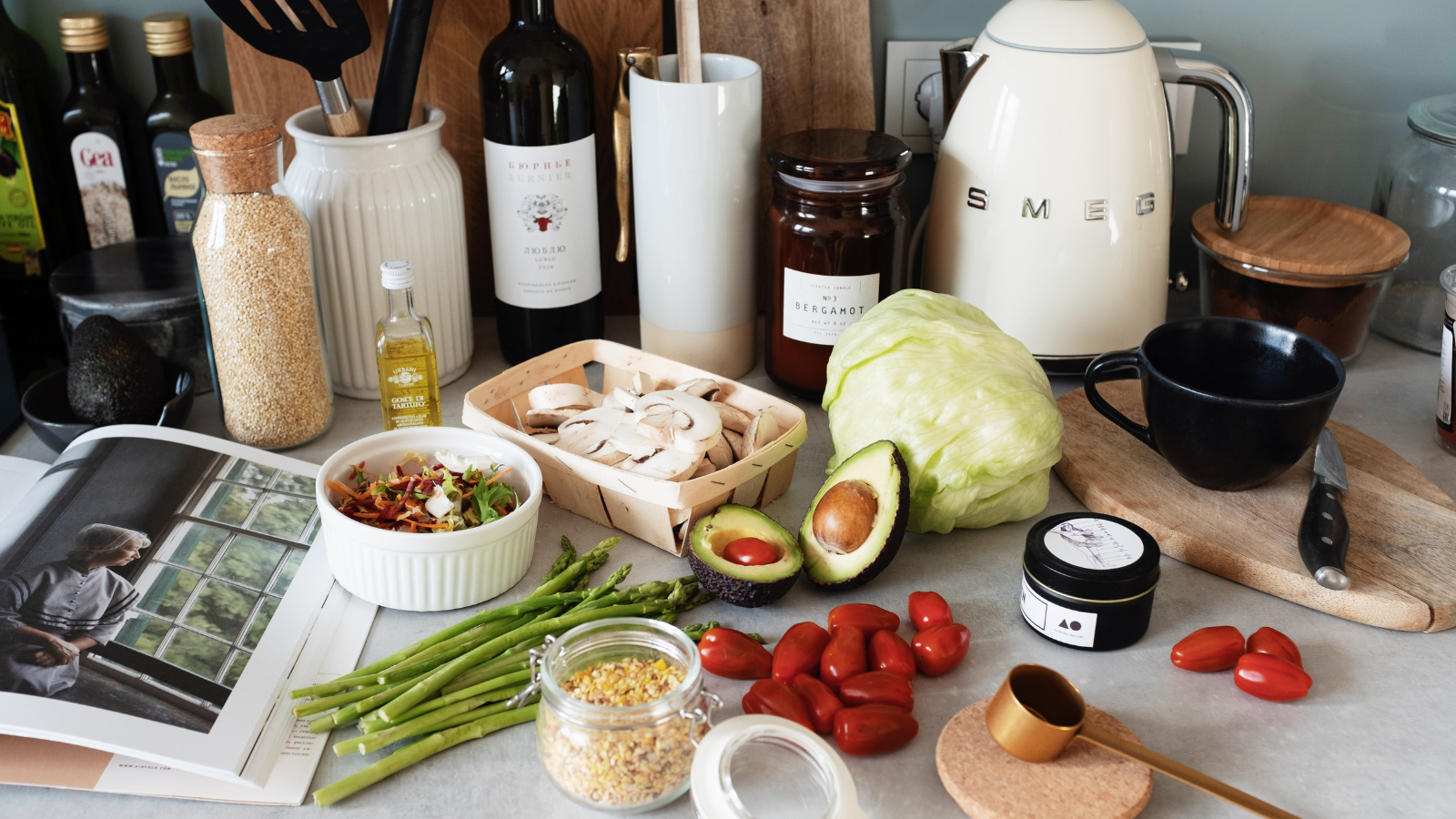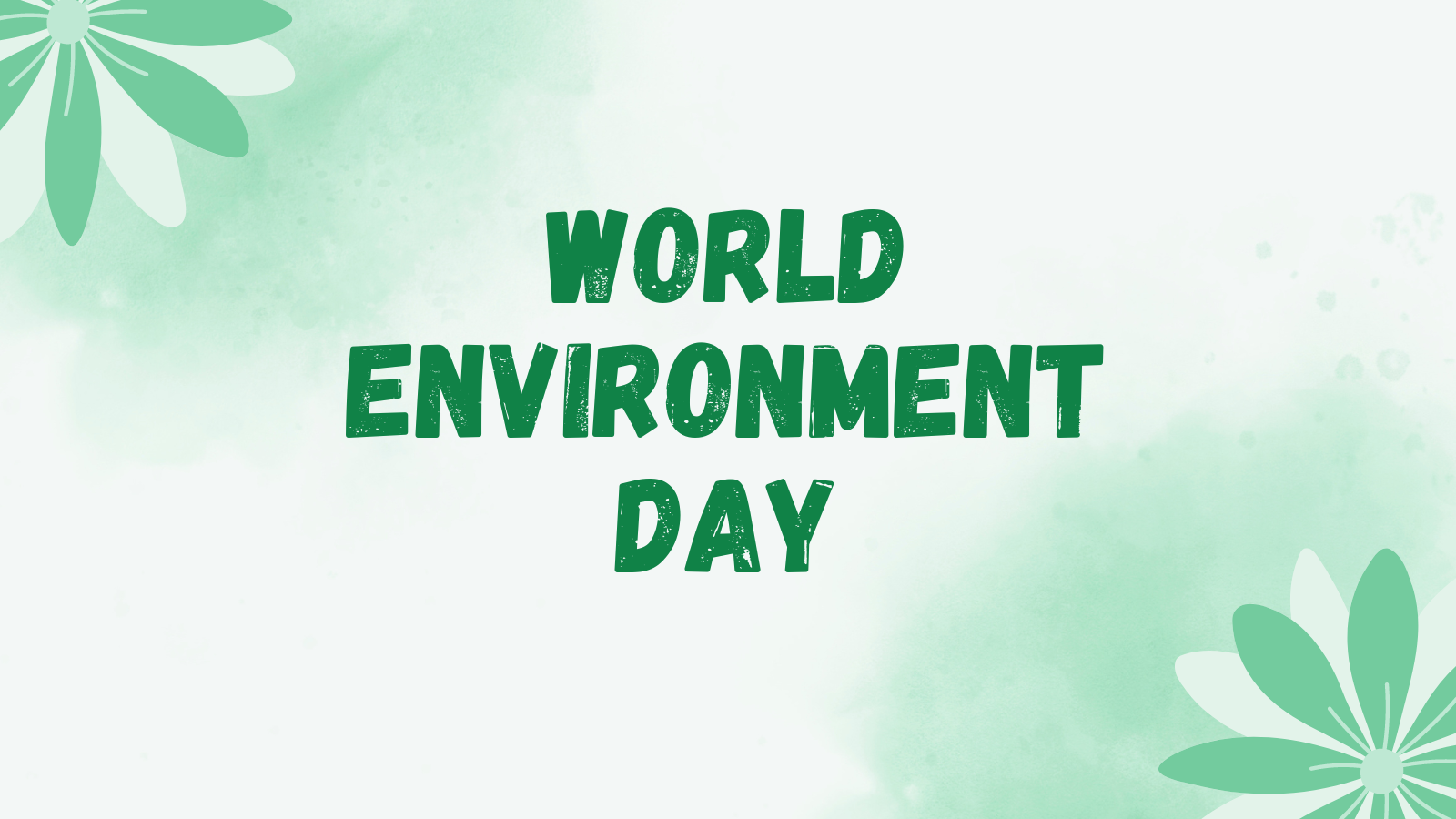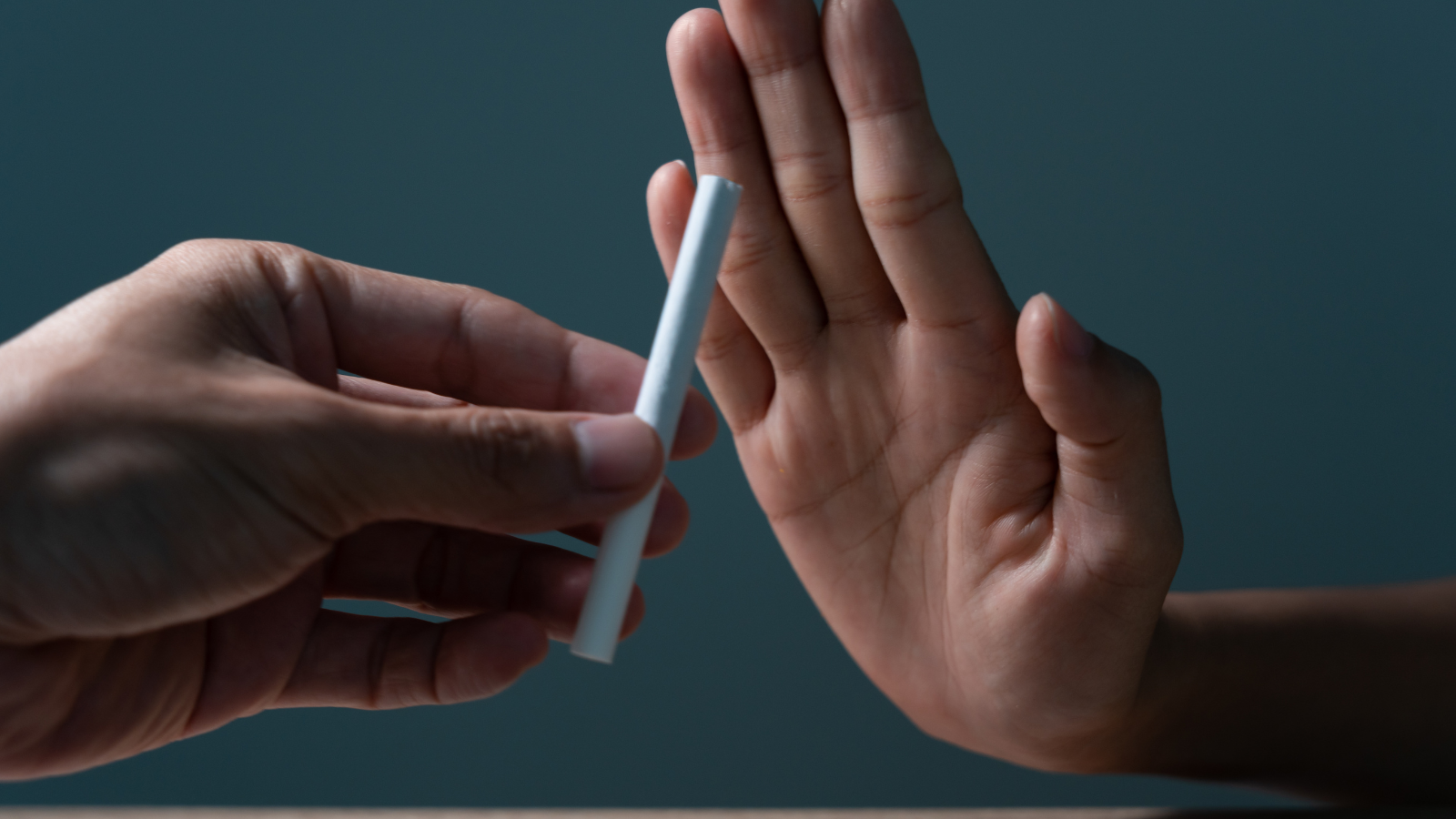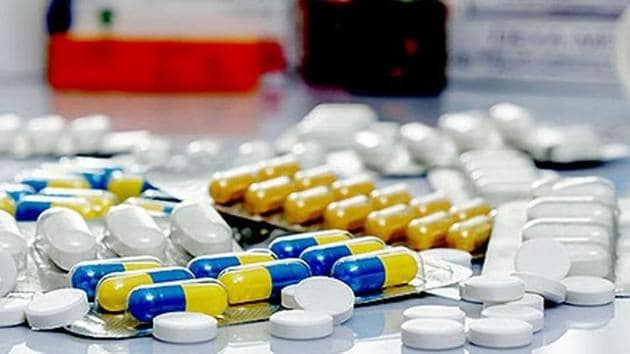The scary truth behind generic drugs in India
Aug 04, 2021
Perhaps because I’m a hypochondriac, I have great faith in medicine. Whenever I pop a pill, I do so in full confidence it will work. To my horror, I now discover that’s terribly mistaken in the case of many generic drugs and, particularly, those made in India. A large number are actually ineffective and a few are even harmful.
This is the key message of a book to be published next week called Bottle of Lies: Ranbaxy and the dark side of Indian Pharma. According to its dust jacket, its author, Katherine Eban, “relies on over 20,000 FDA (US Food and Drug Administration) documents and interviews with over 240 people to show how fraud and treachery are deeply entrenched in much of the (generic drugs) industry in India and raises troubling questions about some of its biggest names – Wockhardt, Dr. Reddy’s, Glenmark and RPG Life Sciences”.
At the core of this book is its research into the shameful story of Ranbaxy. In 2013, in a well-covered court case in America, the company pleaded guilty to seven charges of selling adulterated drugs and paid $500 million in fines. This is what Eban concludes of Ranbaxy’s approach to testing drugs before they are sold – “You had to test the drugs to see if they were properly formulated, stable and effective. The resulting data was the only thing that proved the medicine would cure instead of kill. Yet Ranbaxy was treating data as an entirely fungible marketing tool … it was an outright fraud that could mean the difference between life and death … the company manipulated almost every aspect of its manufacturing process to quickly produce impressive-looking data that would bolster its bottom line.”
Often generic drugs manufacturers – not just Ranbaxy – produce medicines of higher quality for European and American markets, where regulation is tighter, whilst blithely selling inferior and ineffective drugs in India. Dinesh Thakur, the man who blew the whistle on Ranbaxy, told Eban: “Testing the drugs for India was just a waste of time … because no regulators ever looked at the data … (companies) just invented the dossiers on their own and sent them to the Drug Controller General of India (DCGI). What was needed for the DCGI was not real data but good connections.”
Eban’s book is full of hair-raising accounts of visits by US FDA regulators to manufacturing plants in India where fraud, insanitary conditions, and deliberately poor standards of manufacturing are revealed. In the microbiology laboratory of one plant, where they were testing for microbes and bacteria, the actual samples didn’t exist: “They were testing nothing. The entire laboratory was a fake.”
If even a quarter of what Eban reveals is true, it is frightening. It means our faith in Indian generic medicines is often misplaced. They frequently don’t work. Sometimes, no matter how many tablets you take, they will not treat the disease or infection. If it’s of any comfort, that’s also true of many Chinese generic drugs.
In September 2014, Dinesh Thakur, who is clearly one of Eban’s main sources, sought a meeting with Harsh Vardhan, both then and now our health minister, to alert him to the problem. He was granted five minutes but Harsh Vardhan was more interested in the office television screen showing news from Kashmir than what Thakur had to say. Finally, Harsh Vardhan asked, “Thakur to send whatever it was he wanted to say in writing”. But when Thakur did, “he never received a response”.
As a last resort, in 2016, Thakur petitioned the Supreme Court. He moved a PIL or public interest litigation. His argument was that “India’s regulation system was not just broken but unconstitutional”. Raju Ramachandran was his lawyer. But the judges refused a hearing. In just 15 minutes.
So what does this mean? Neither the executive nor the judiciary is bothered about this deplorable situation. You and I may keep taking generic drugs believing they’re efficacious, but we’re being made fools of. And the authorities simply don’t care.
Disclaimer:
Recent Post

Boosting Immunity During the Monsoon Season

The Sweet Benefits of Chocolate: A Delicious Path to Better Health

Skincare Tips for the Monsoon Season

Celebrating International Yoga Day: Embrace the Health Benefits of Yoga

Healthy and Refreshing Summer Recipes

Celebrating World Environment Day: A Call to Action for a Greener Future
_CAT_1717066221.png)
Staying Hydrated in the Summer: Essential Tips for Beating the Heat

Living Tobacco-Free: Your Journey to Health and Wellness

Tailored Exercise Routines for Achieving Your Fitness Goals

Unveiling the Healing Power of Mindfulness Meditation: How It Transforms Mental Health

